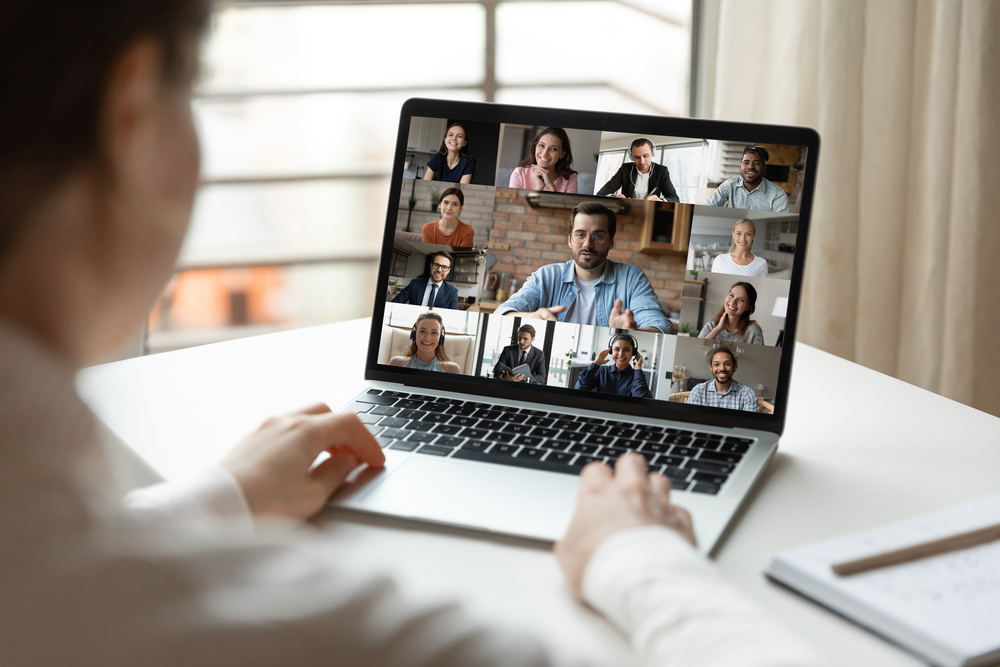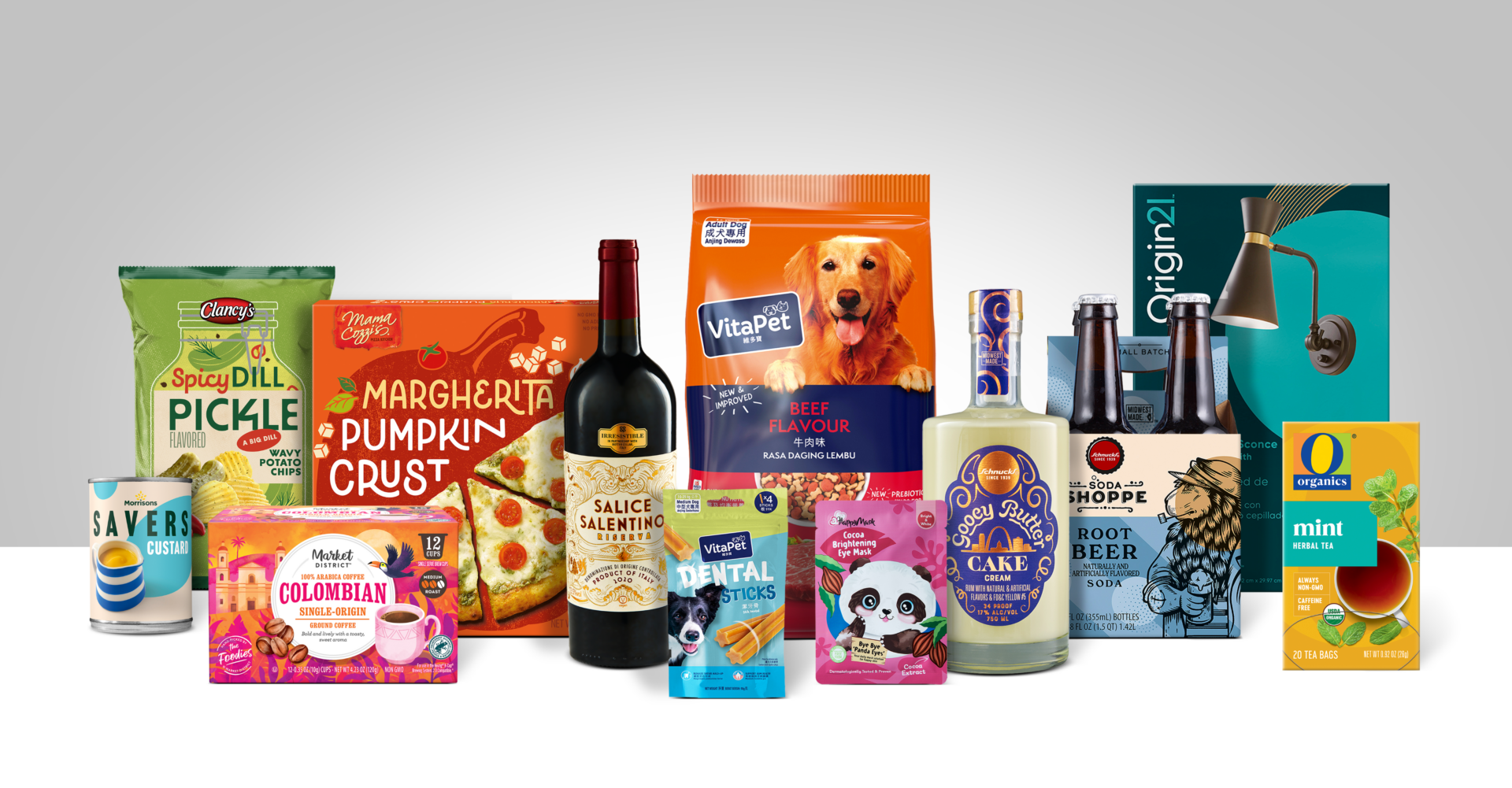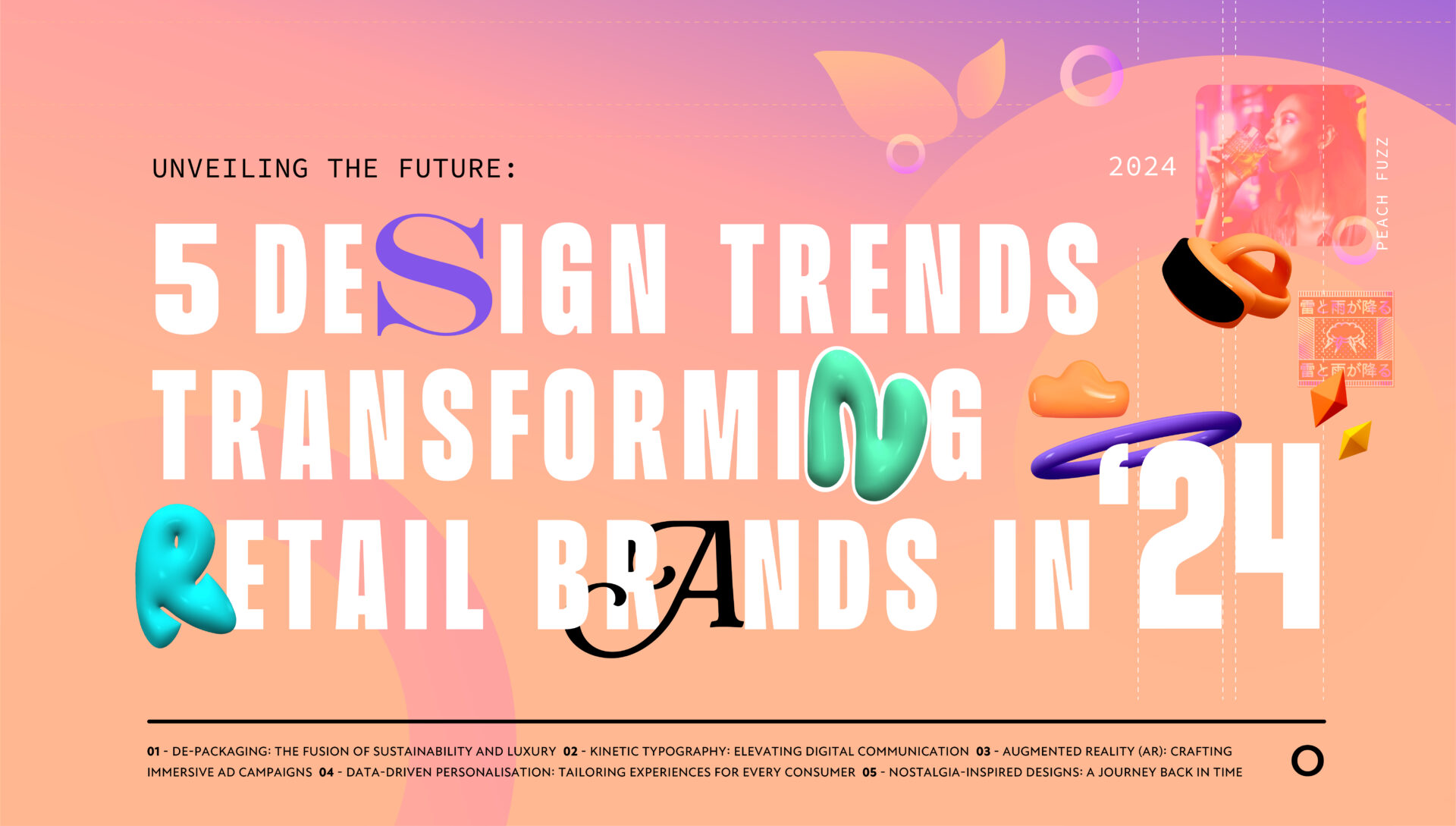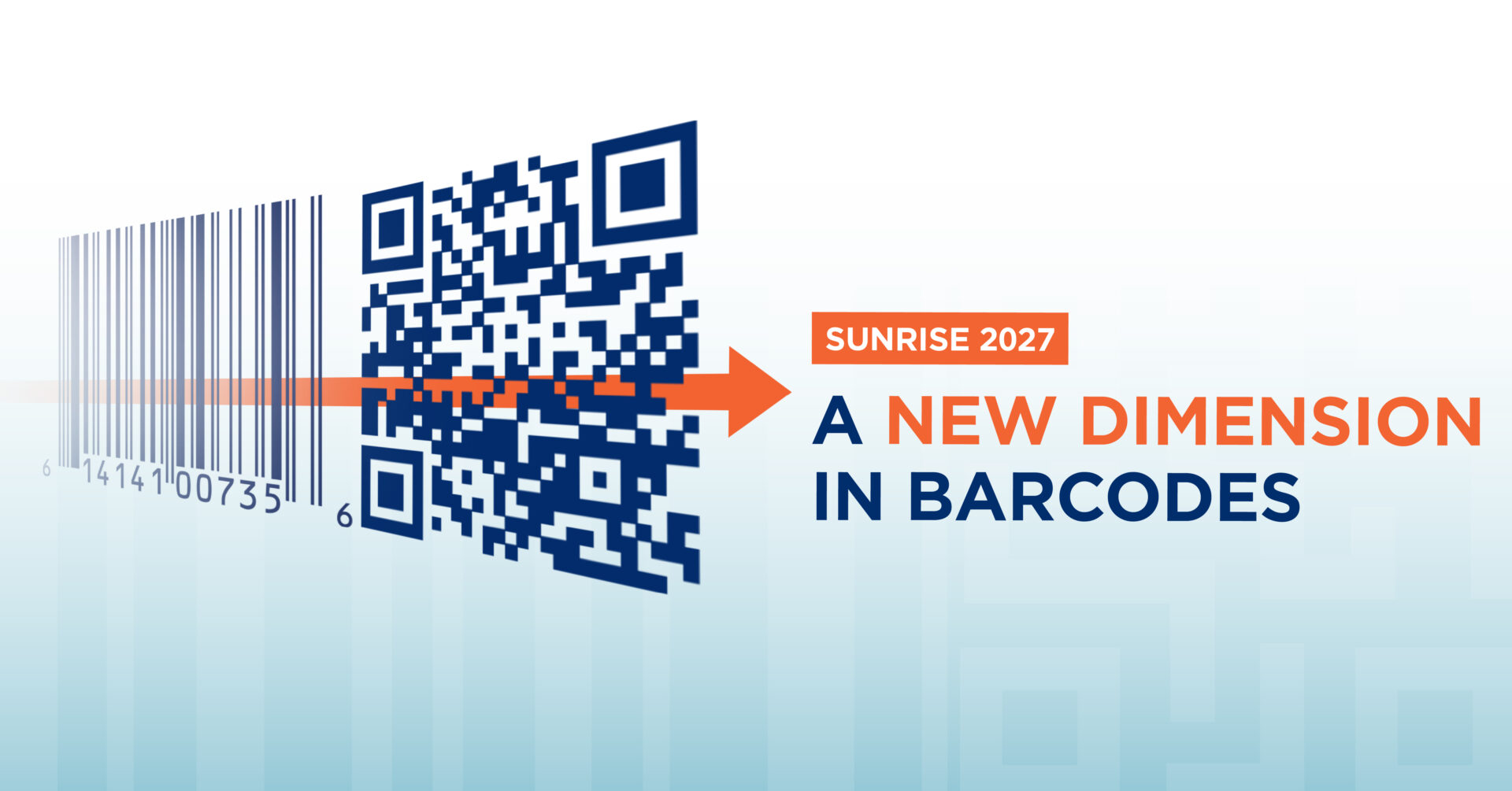FOCUS GROUP METHODOLOGY
Like so many industries, consumer research has made a lightning-fast pivot into the virtual realm.
Although the virtual focus group isn’t entirely new the suspension of in-person gatherings, as well as the attention and reliance placed on virtual interactions, has accelerated the proliferation of these events. The leap forward into virtual meetings has transformed focus group testing, making it easier, quicker and accessible for brands wanting to conduct consumer research.
Focus groups are relatively straightforward. They gather people together and ask them their opinions, habits and beliefs. Focus groups are proven to be a highly effective method of determining the consumer’s likely behaviour, with these findings based on their feelings about your product, awareness of your competitors and similar experiences they have had in the past.
While the core concepts of focus group testing have not changed since the onset of the pandemic, the reasons and the means by which individuals purchase their goods in the era of COVID-19 have undergone dramatic shifts.
Whether introducing a new product to an existing audience or introducing an existing product to a new audience, knowing more about the motivations which spur them to purchase is critical in this time of seismic behavioural shifts. The insights acquired have the potential to inform the product, service, and/or marketing concepts before they are introduced to the marketplace, helping brands to save time and investment in the longer term.
For the foreseeable future, face-to-face meetings of any medium to large group of unacquainted people will be on hold. While many of us undoubtedly look forward to reconnecting with our colleagues and potential clients while physically gathered around a table, virtual meetings do come with undeniable advantages.
The advantages of conducting virtual focus groups, as opposed to in-person events, are wide-ranging. But before I outline them in detail, I’ll mention what they all share: the ability to make consumer research more accessible and more insightful for brands.
Here’s why…
Lower costs. Managing cost is high on the mind of every business, and the expense of agency-led consumer research can render it cost-prohibitive for start-ups or emerging brands. However, virtual meetings deliver much better value for money: Brands can save on meeting space and on the cost of complimentary food and beverages, with no participant travel expenses.
Lower carbon footprint. For brands tracking their CO2 footprint as part of their environmental commitments, requiring fewer people to physically attend a meeting can help to lower the brand’s gross carbon footprint. Environmentally responsible choices on the part of the business can also encourage more participation among groups such as Millennials and Gen Z, and those whose concern for environmental impact is particularly strong.
A diverse pool of participants. Although meetings may occur at a set time, holding the focus group virtually means that participants can dial in from practically anywhere. This opens the door to wide-ranging groups such as side hustlers, part-timers, stay-at-home parents, and multiple geographical locations. Whether you are hoping to investigate your product’s likely performance among a specific demographic, or you’d like to include a wider cross-section of the population, virtual focus groups are an effective way to collect more data from the people you most want to sell to.
Better attendance rates. Punctuality among focus group participants is important. Latecomers can be very disruptive to group discussions, and it’s up to the focus group organisers to stress the importance of turning up on time. In the COVID era, virtual focus group attendance could perhaps be affected by childcare responsibilities, meetings are far less likely to be delayed or cancelled because of inclement weather.
Mitigation of third-party influence. Perhaps most interestingly, online focus groups – which afford less opportunity for informal chat between small groups of participants – may deliver more authentic outcomes due to decreased social pressure. As we know, the virtual environment can, for some, have the effect of emboldening people in their opinions. While research in this area is still limited, we know from previous studies that people with unpopular opinions, or less confident participants, may be reluctant to share their views in a group context. This is likely to be mitigated by the online environment, where people are less concerned about social pressure and the reaction of others when airing dissident or challenging views. This has the potential to add to the richness of the data obtained.
For brands which have taken a “wait and see” approach to understanding the marketplace, I certainly recommend taking a fresh look at research opportunities. This moment in time is unique in terms of how urgently brands need to examine and understand the changing motivations, thoughts and opinions of customers, and practically speaking this is an ideal time to take advantage of the lowered costs and enhanced benefits brought by virtual meetings.
Today, brands have an ideal opportunity to establish consumer research as a cost effective, routine stage in the process of bringing products and services to market, and a chance to become familiar with the ways in which qualitative data is leveraged in order to build their brand more effectively.
In the current climate, a robust approach to research and focus group testing does not just carry potential in terms of a single product or range – the impact of research in this moment could have a far-reaching effect on the brand’s trajectory for years to come.















